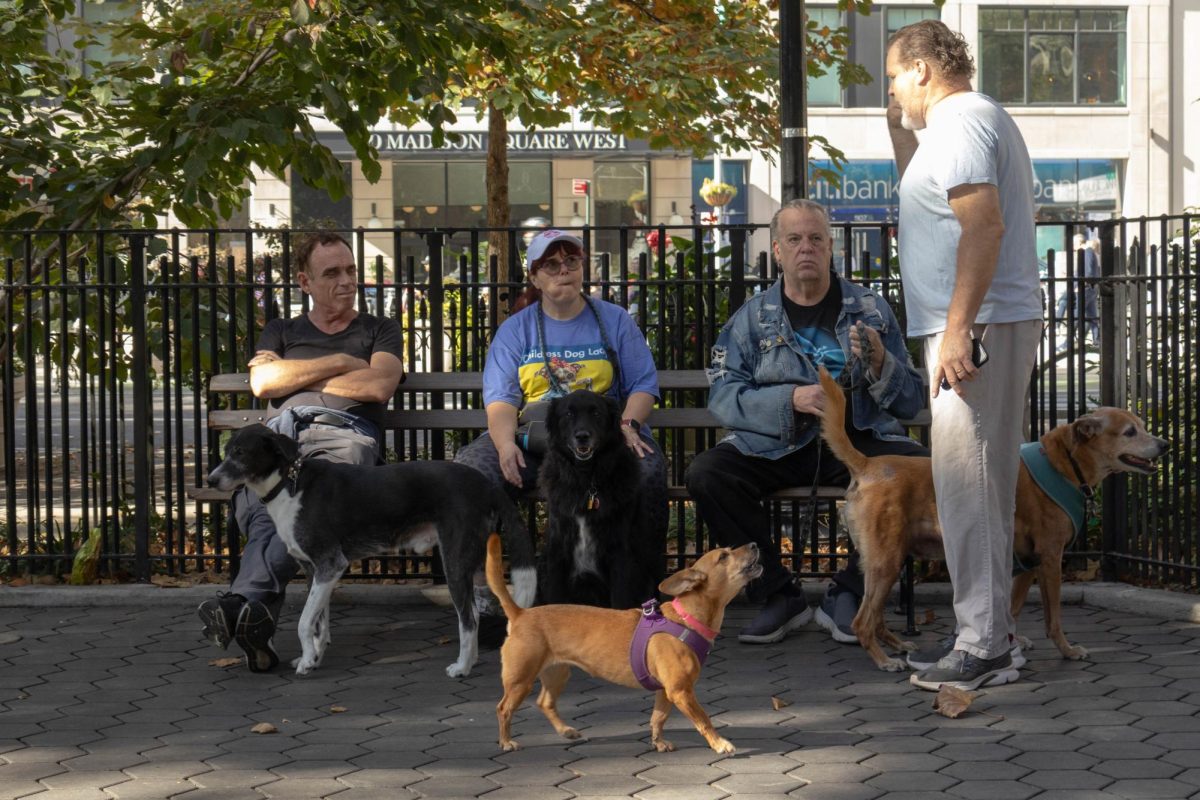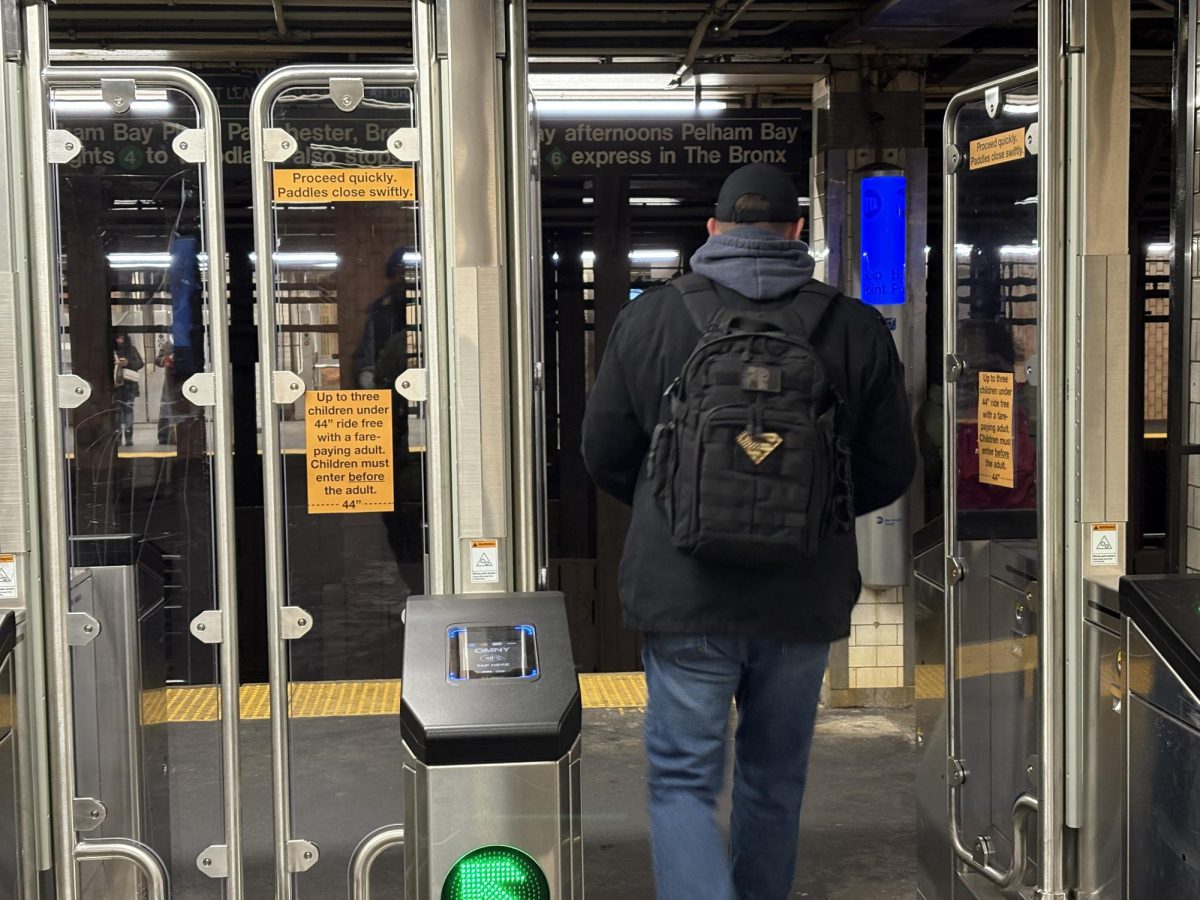New Yorkers could soon be able to use sick days to care for their pets under a proposed amendment to the New York City Earned Safe and Sick Time Act, also known as Introduction 1089.
The New York City Earned Safe and Sick Time Act was recently updated under the sponsorship of Council Member Shaun Abreu, which would legally allow workers on sick leave to care for personal pets and animals.
Previously the act only applied to employees, allowing them to use sick leave to care for themselves or family members.
Historically, the act did not extend to animal care.
However, with increasing concern for mental health and wellbeing in the workplace, a change has been proposed.
“We have an opportunity to use our existing sick time law to encourage pet ownership, which offers cascading benefits for our health and mental health,” Councilmember Shaun Abreu, who represents Manhattan’s 7th district, said.
Good mental health is associated with productivity, and interacting with pets has been shown to decrease cortisol levels, a stress-related hormone and lower blood pressure, according to NIH News in Health. Pets can reduce stress and provide comfort and support to owners.
For many people, pets are considered family members, and finding safe care options for them during the workday can be challenging.
“For many workers, especially those living in high-stress environments like New York City, pets are a primary source of emotional support and companionship. Allowing employees to use paid sick leave for pet care aims to acknowledge this reality and reinforces that workers have lives and responsibilities outside work,” Human Resource consultant Bryan Driscroll said.
Under NYC’s current sick leave regulations, companies with 100 or more employees are required to provide up to 56 hours of paid sick leave annually, while smaller companies are required to provide 40 hours.
This amendment would allow pet owners to allocate these hours toward animal care.
Though the amendment has not yet become law, it aims to represent a step toward supporting workers’ mental health in NYC.
The amendment could also pave the way for similar policies in other states.















